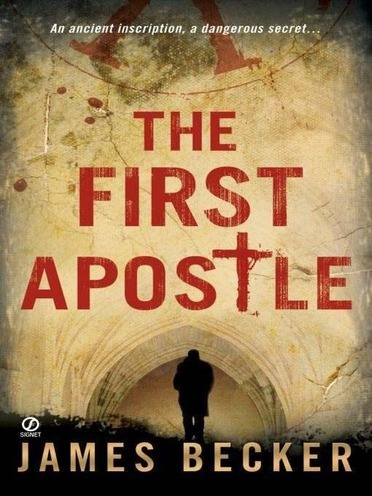










Wayne Meeks, professor of Biblical studies at Yale, looks at the world of the first century Christian church in this book, 'The First Urban Christians'. He has a follow-up volume, 'The Origin of Christian Morality', that progresses into the world of the second century Christian church. Together these volumes give a rare insight into the earliest development of the church -- as so many denominations take as their authority the actions, decisions, and conventions of this time (as they understand them), a look at the formative years of Christianity (and later Christendom) is valuable indeed.
This book looks at social description of early Christianity, bringing in history, politics, sociology and philosophy in various degrees. Meeks is looking for the 'ordinary Christian' in the early church, something he claims we do not often find in the scriptures or other writings of the time. This requires that we know as much as possible about the general cultural setting in which early Christians found themselves, as their writings and practices handed down to us constitute a response, if not directly then at least indirectly, to their times.
Despite the pastoral setting of many of the gospel stories and parables, Christianity was largely an urban phenomenon in its earliest days (as would be true of most any sect or cult that would grow in early times -- it would take root in and transfer by movement between cities; indeed, Antioch, one of the major cities of the time, was where the term Christian was first coined). Meeks looks at the issues of city growth, from village to city to empire (it is no mistake that the Roman Empire derived its name from a city). Urban Judaism had unique traits that are examined here as influential in early Christianity. Meeks also explores different issues such as the role of women in urban society, mobility issues and the kinds of interconnections people in cities would make, intra-urban and inter-urban.
After this examination, Meeks continues to look at specifically church-related issues in urban, Pauline Christianity. These include the various rituals such as baptism and eucharist, governance and hierarchy issues in the early church (very different from later, imperial Christianity), and patterns of belief -- remember, this is a time when there was not only no set canon of scripture, but no creeds formulated yet, either. Meeks also explores briefly the unknown and controverted rituals -- how did the early Christians marry (or remarry)? How did they bury and mourn their dead (for we know it was of concern to many early Christians that people were dying prior to the return of Christ)?
Meeks provides ample footnoting citations, a generous bibliography of secondary sources (35 pages of this!), and indexes of biblical references, modern authors, and subjects. This is an excellent text for study and reference, and gives good insights into a world we take for granted often that we understand (due to our familiarity with the New Testament scriptures), yet really is foreign in time and space.

